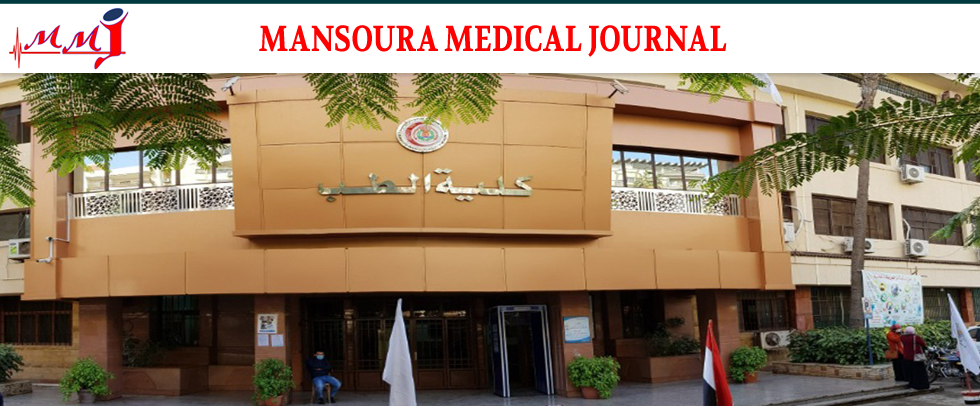Article Type
Original Study
Abstract
Objectives:1- Describe the anatomical bases related to the concept of the functionalendoscopic tympanic surgery (FETS) based on the fact that restoring adequatetympanic cavity ventilation is one of the main key factors toachievethis concept and restore normal middle ear functions.2- Review and explain the possible theory and concept of the FETS in relationto these bases.Methods: Fifty-five temporal bones were dissected, and the ventilationpathways were studied utilizing otoendoscopes of different angles and anoperating microscope. In addition, the anatomy and relations of these pathwayswere studied in 200 temporal bones computed tomography scans(CT).Results:Theventilation pathways of the tympanic cavity (with all of its subdivisions)and the mastoid air cells were variable and unique for each temporalbone. Basically, the ventilation patterns could be classified either directlyfrom the eustachian tube or indirectly through communicating withotherspaces via mucosal, ligamental and/or bony apertures or isthmi. Mesotympanum,protympanum, hypotympanum and anterior epitympanum typeCwere the only spaces directly ventilated, while retrotympanum with all ofitsrecesses, anterior epitympanum types A and B, Prussak’s space, vonTroeltschpouches, compartments of posterior epitympanum (medial andlateralsuperior and medial incudal spaces), antrum and mastoid air cellswereindirectly ventilated. It was possible to approach most of the pathwaysendoscopicallyvia transcanal or combined transcanal and transmastoid approaches.Conclusions: Theoretically, ventilation pathways could be endoscopicallyapproached and therefore restored in certain cases. CT scans are a possibletool to study them.
Recommended Citation
Abou-Bieh, Alaa and Haberkamp, Thomas
(2017)
"Functional Endoscopic Tympanic Surgery Anatomical Bases,"
Mansoura Medical Journal: Vol. 47
:
Iss.
1
, Article 2.
Available at:
https://doi.org/10.21608/mjmu.2017.124932
Creative Commons License

This work is licensed under a Creative Commons Attribution 4.0 International License.



